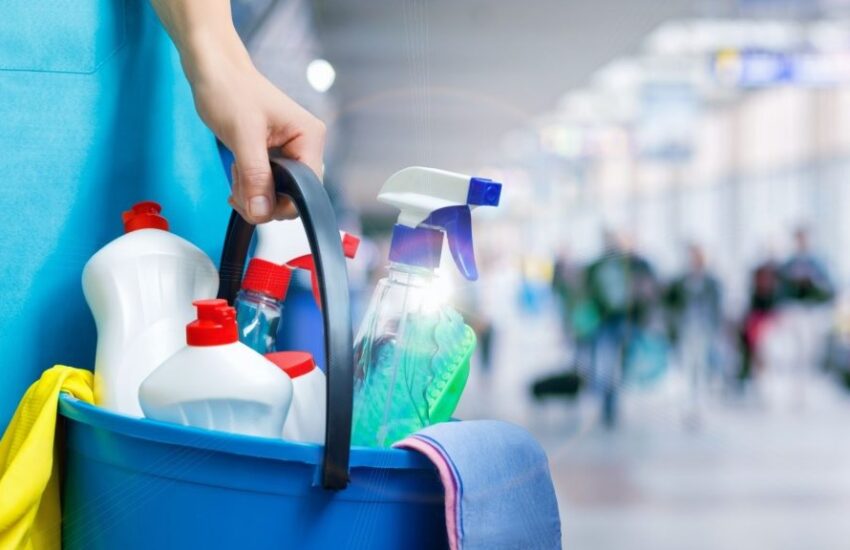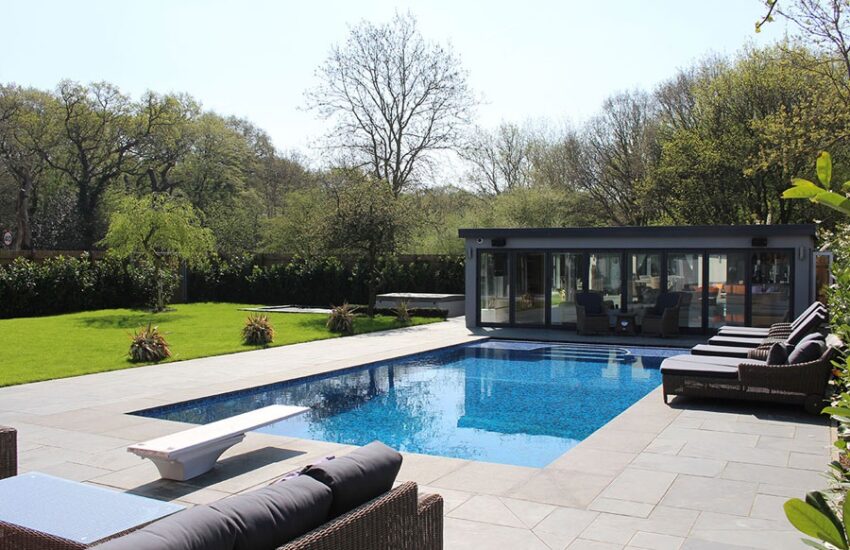Investing in a cabin is an excellent way to earn rental income while you are away from home. However, it comes with many responsibilities and costs to consider. To start, you’ll need to determine whether the property is right for your personal and financial goals. It’s also important to research the location and understand the local laws and regulations before making any investments.
A cabin is usually located in a rural area and will offer minimal amenities. It is typically built from wood and is a great option for those who want to be closer to nature. There are various types of cabins available, including those on wheels, so make sure you do your homework to find the best one for your business.
When investing in a cabin, you should always work with a trusted real estate agent who has experience in this type of property. In addition, it is a good idea to get an appraisal before you finalize the deal. This will give you the opportunity to renegotiate or walk away from the purchase if the property doesn’t meet your expectations.
To attract guests, you should make your vacation cabin stand out from the competition. This means taking professional photos of the property and its surroundings. Then, list it on top-rated vacation rental platforms, such as Airbnb and Vrbo. You can also add unique amenities, such as a fire pit or hiking trails, to boost your listing’s appeal.
You’ll need to budget for the maintenance of your cabin. As a rule of thumb, a cabin requires more maintenance than other types of vacation homes. This is due to the fact that it’s usually in a more remote and unprotected location and may be susceptible to extreme weather conditions. Additionally, pests can be a major problem for a cabin and will require more frequent pest control services.
Insurance is another expense to consider for a cabin vacation rental. It’s important to ensure that you have adequate coverage as this will protect you against any damages or losses caused by natural disasters, vandalism, and other risks.
Finally, you’ll need to factor in any consumables that you’ll need to buy for the property, such as kitchen supplies or cleaning products. This is especially true if you plan to use your property for personal purposes in addition to renting it out. You’ll also have to pay taxes if you intend to rent out your property.











